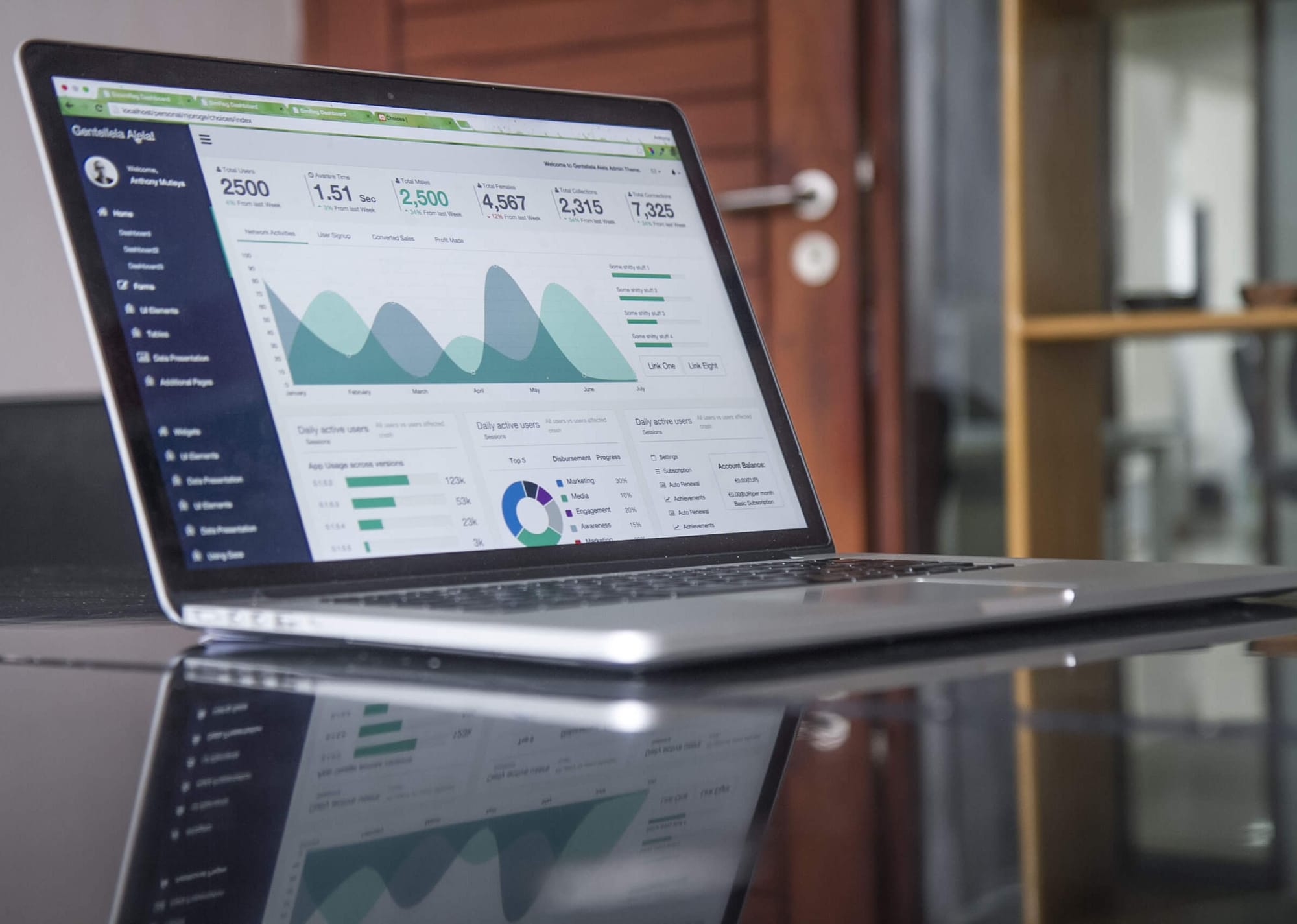Are Data Scraping Extensions Worth It Or Not?: A Comprehensive Guide To Working & Compliance.

What are data scraping extensions, and how do they work?
Data scraping extensions are software tools that enable users to extract data from websites with automation. These extensions typically work by using automated scripts to crawl through web pages and extract data from links, images, etc.
The extracted data is then, save to a file or database for later use. To use a data scraping extension, the user typically installs it in their web browser or runs it as a standalone application. The extension then provides a user interface that allows the user to specify which data they want to extract, such as specific text or images on a webpage.
Once the user has specified the data they want to extract, the extension uses automated scripts to crawl from the webpage and drag the selected data. The extracted data is typically saved in a structured format, such as a CSV or JSON file, which can be easily imported into other applications for analysis purposes.
Data scraping extensions can be helpful for various purposes, including research, marketing, and competitive analysis to compete with your competitors and earn a great value in the market. However, they can also have negative consequences if misused, like violating website policies, overloading websites, violating privacy rights, or infringing copyright laws.
Therefore, using data scraping extensions responsibly and following applicable laws and regulations is essential. If you are a new organization and want to grow, utilizing LinkedIn is a great way to create brand awareness. To speed up the process, you may use LinkedIn Scraper to accumulate and utilize data for fair business activities.
Different Types Of Data scraping.
The following are the basic types of data scraping extensions widely used online.
Web Scrapers: These extensions gather data from web pages by parsing a website's HTML and CSS code. Web scrapers can extract data in terms of text, images, and metadata.
Form Fillers: Forum filters automate the filling of forms on websites. They can save time by automatically inputting information like name, email, phone number, etc.
Screen Scrapers: These extensions generally capture data displayed on the user's screen. These scrapers are helpful for collecting data from applications or software that do not provide an API or any other means of data access.
Social Media Scrapers: Social media scrapers extract data from social media forums like Facebook, Twitter, LinkedIn Scraper, etc. They are built to accumulate plenty of data such as user profiles, comments, and posts to utilize for various business purposes.
Email Scrapers: Email data scrapers collect email addresses and other contact information from websites. This type of scraper is helpful for lead generation and email marketing.
What are DMCA and CFAA compliance?
The Digital Millennium Copyright Act and the Computer Fraud and Abuse Act are the two U.S. laws mainly concerned with online content and computer security, respectively. The DMCA is a copyright law that was enacted in 1998.
It provides a legal framework for addressing copyright infringement on the internet. The DMCA criminalizes the circumvention of technological measures used to protect copyrighted works, such as digital rights management systems.
It also provides a "safe harbor" provision that shields internet service providers from liability for infringing content posted by their users, as long as the ISPs promptly remove it when notified by the copyright owner.
On the other hand, CFAA is a computer security law that was enacted in 1986. Engaging in unauthorized access to a computer system or network is a federal crime. The law has been amended various times since its enactment and now covers a wide range of computer-related activities, including hacking, viruses, and other forms of cybercrime.
Compliance with the DMCA and CFAA is vital for online businesses and individuals who engage in online activities. In case of failure to comply with these laws can result in legal penalties, including fines and imprisonment. Therefore, individuals and organizations need to understand their obligations under these laws and take steps to ensure compliance.
What is GDPR compliance?
The General Data Protection Regulation is primarily a European Union regulation that took effect on May 25, 2018. The GDPR provides a set of rules for the protection of the personal data of individuals in the EU.
It aims to give individuals control over personal data and clarify the international business regulatory body, unitedly the regulation within the EU. GDPR compliance requires organizations that collect, process or store personal data of individuals in the EU to take specific steps to ensure that their data protection practices meet the requirements of the GDPR.
Conclusions
Whether you are performing data scraping for your business or doing it commercially, you need to comply with all privacy policies and ensure you don't scrap any private data, which is illegal on social platforms. The more your respect data privacy, the more you safely perform the process.
